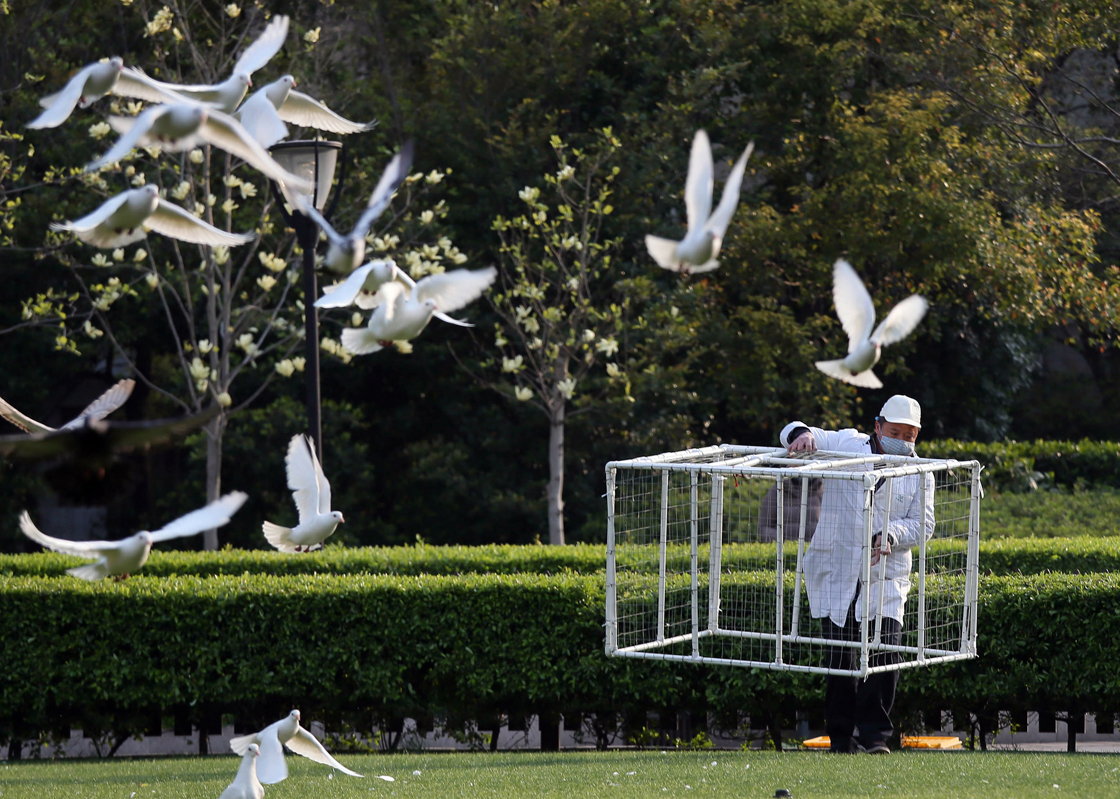LONDON – More than a third of patients infected with a new strain of bird flu died after being admitted to the hospital earlier this year, Chinese researchers report in a new study.

Since the new H7N9 bird flu first broke out in China in late March, the strain has sickened more than 130 people and killed 37. The World Health Organization has previously described H7N9 as “one of the most lethal influenza viruses” it has ever seen and said it appeared to spread faster than the last bird flu strain, H5N1, that threatened to unleash a pandemic.
After making some adjustments for missing data, the Chinese scientists estimated the overall death rate to be 36 per cent. The outbreak was stopped after China closed many of its live animal markets — scientists had assumed the virus was infecting people through exposure to live birds.
That makes the new strain less deadly than H5N1, which kills about 70 per cent of the people it infects. Still, H7N9 is more lethal than the swine flu that caused a 2009 global epidemic. That had a death rate of less than one per cent.
The results were released in two papers on the H7N9 strain, published online Monday in the journal Lancet.
“The good news is that numbers of (H7N9) cases have stalled,” Cecile Viboud and Lone Simonsen of the U.S. National Institutes of Health wrote in a commentary accompanying the article.
However, they warned that the threat of the virus still “persists” and predicted that the strain might return in the winter, when flu viruses are typically most active.
That assessment echoes the WHO, which earlier this month also warned of the virus adapting.
- Capital gains changes are ‘really fair,’ Freeland says, as doctors cry foul
- Ontario doctors offer solutions to help address shortage of family physicians
- ‘Dangerous message’: Experts slam anti-sunscreen claims circulating online
- ‘Trying not to die’: Tourism operators loaded with debt despite rising demand



Comments